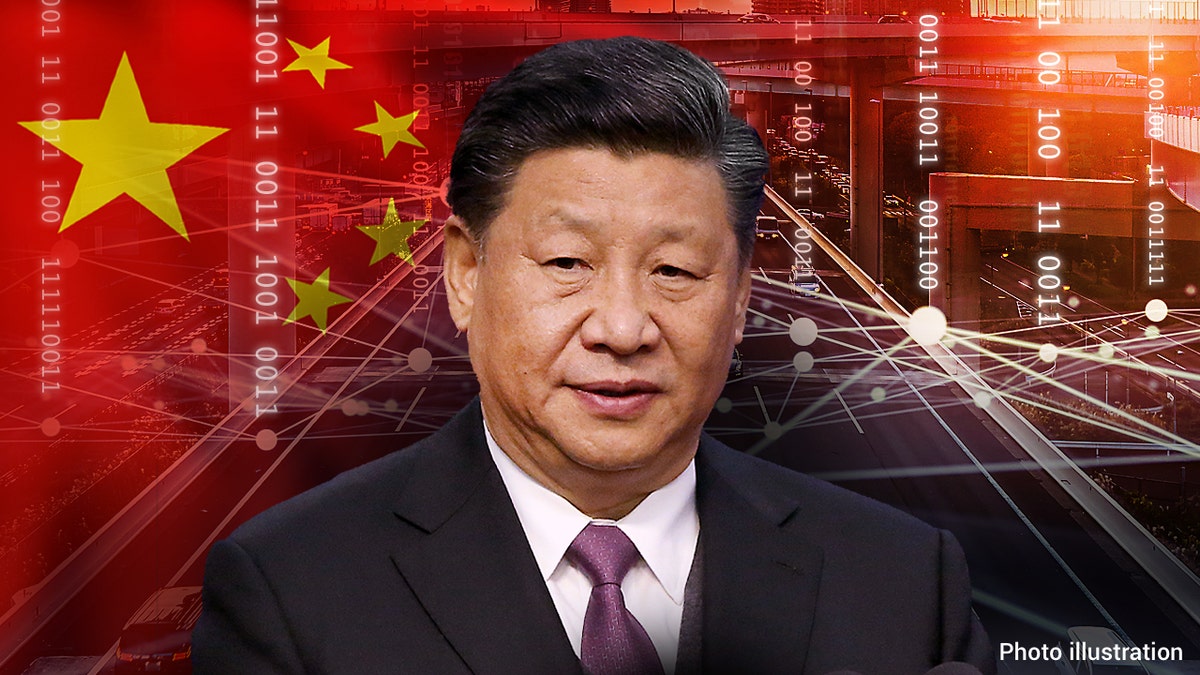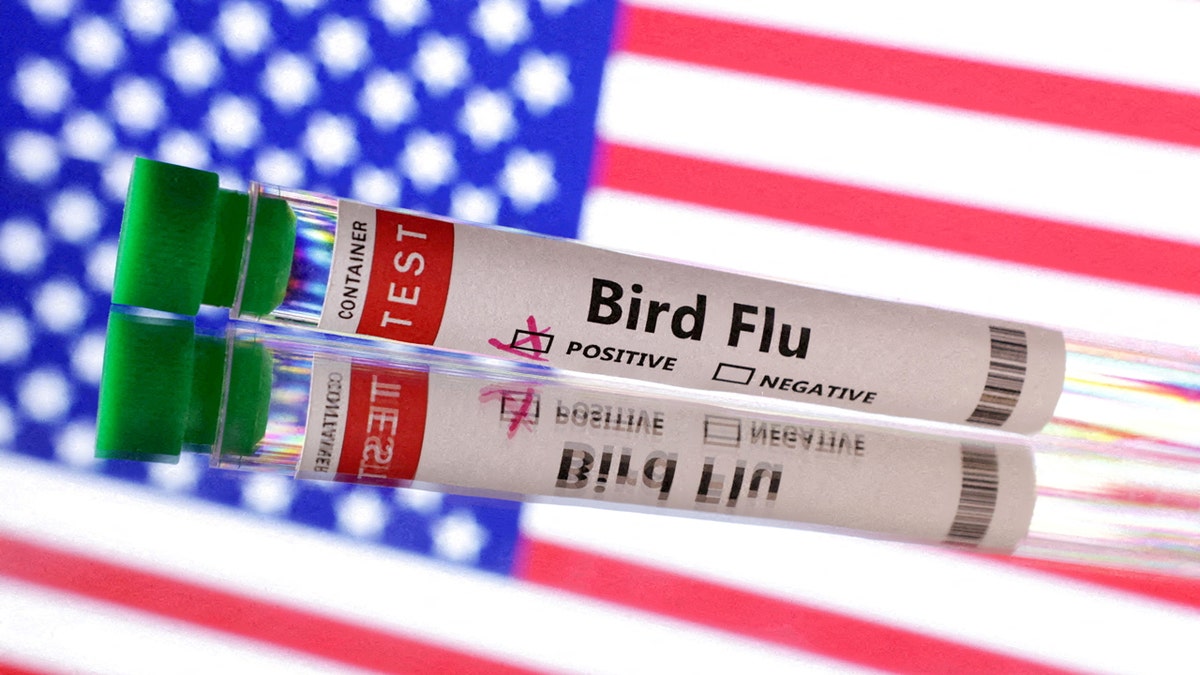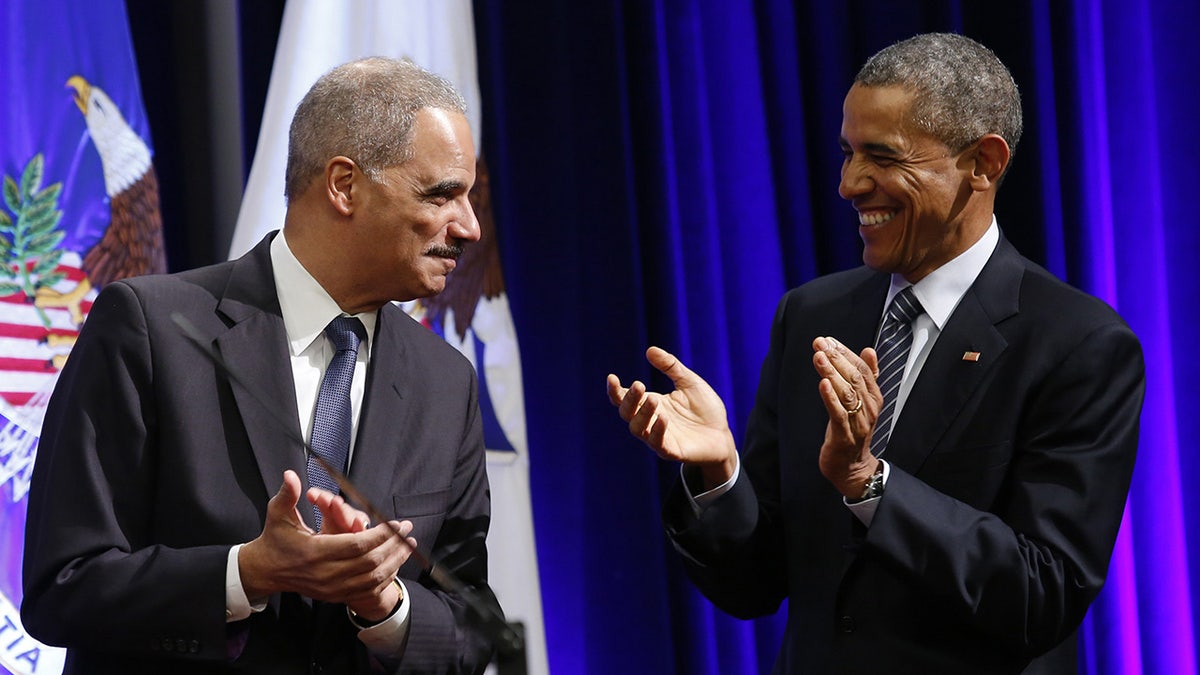Amid growing concerns about China's technological advancements and potential intellectual property theft, a prominent House Republican has introduced legislation aimed at strengthening safeguards against China acquiring sensitive U.S. technology. Representative Mark Green, Chairman of the House Homeland Security Committee, expressed his concerns to Fox News Digital, highlighting the development of DeepSeek, a Chinese AI company, as a prime example of why such measures are necessary.
Green stated that his proposed legislation would establish protective measures to prevent future incidents like China's development of DeepSeek using American technology. He pointed to reports of China stockpiling chips and utilizing chips below the current export control threshold to achieve this AI breakthrough. This situation, Green argued, serves as a warning about the Chinese Communist Party's (CCP) determination to exploit any opportunity for technological advancement, often disregarding legal and security protocols.

U.S. officials have expressed concerns about DeepSeek, an AI software company based in Hangzhou, China, due to its ties to the CCP. Its AI chatbot is considered similar to ChatGPT, developed by OpenAI. The release of DeepSeek's new high-profile AI model, which reportedly has lower operating costs compared to models from Meta and OpenAI, has caused apprehension in U.S. markets. This concern stems not only from economic competition but also from renewed worries about Chinese companies collecting American data and the CCP's censorship practices, given the model's popularity in U.S. app stores.

The U.S. Commerce Department is currently investigating whether DeepSeek utilized chips that were prohibited from export to China under existing sanctions, according to Reuters. Green's bill seeks to implement export controls on specific technologies and intellectual property deemed crucial to national interest, targeting their transfer to China. The legislation also proposes sanctions against individuals and entities involved in the sale or purchase of these controlled items to and from China, as well as Chinese entities knowingly using them.








